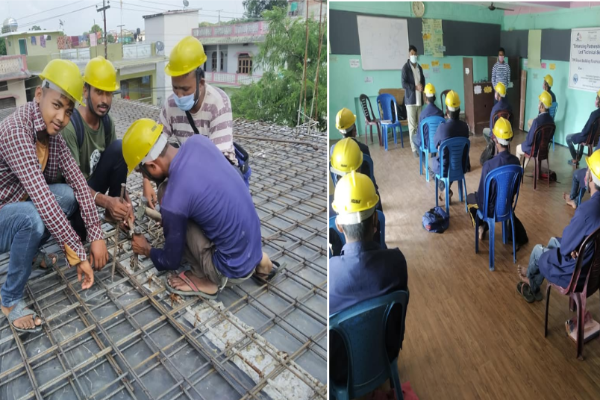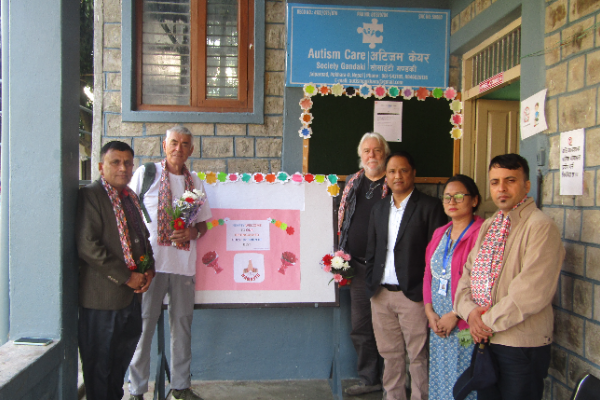Fostering Health and Livelihoods of Conflict Affected People in Nepal (VCP) was a 2 year project implemented from March 2008 to February 2010 in 11 Districts of Nepal namely: Panchthar, Morang, Dhankuta, Khotang, Nawalparasi, Kapilvastu, Arghakhanchi, Chitwan, Kavrepalanchowk, Kalikot and Achham. The project was funded by European Union (EU) and implemented by a consortium of 14 organizations led by BNMT together with World Vision Advocacy Forum (WVAF) and Forest Action (FA) at the national level and 11 NGOs at district level. The BNMT was responsible for overall management, coordination, financial and personnel administration, monitoring, reporting and health related activities; FA was responsible for livelihoods related activities; and WVAF for institutional strengthening activities. The primary target groups of the project included conflict victims, Dalits, Janajatis, Madhesis, people with disabilities, rural poor, women, youth, children, and other marginalised and excluded groups from the 11 project districts. The final beneficiaries of the project were the larger communities of the 11 project districts covering about 18 percent of Nepal's population.
Overall Objective/Goal of the Project:
To contribute to the improved socio-economic conditions of the vulnerable population resulting in reduced conflict potential in Nepal.
Specific objectives of the action:
Increased access to essential health care services and livelihoods opportunities for vulnerable communities in the selected districts of Nepal.
Project Results:
- Improved delivery of quality essential health care services from 110 health institutions,
- Renovated and equipped 55 rural infrastructures,
- Empowered disadvantaged groups (660 youths, 660 women, 660 children and 275 conflict traumatised family members) as community educators,
- Promoted income generation of the more than 1100 most disadvantaged families.
- Knowledge management and dissemination of information based on baseline survey, visibility actions, good practices and evaluation findings (about 30 workshops/ seminars at various levels)
- Capacity of conflict affected vulnerable communities substantially improved for better socio-economic status by training and mobilizing more than 5,000 people.
Major activities implemented under the project included:
- Provided improved quality essential health care services
- Renovation of and equipping of rural infrastructures
- Promotion of income generation
- Empowering of disadvantaged groups
- Knowledge management: carry out baseline survey



